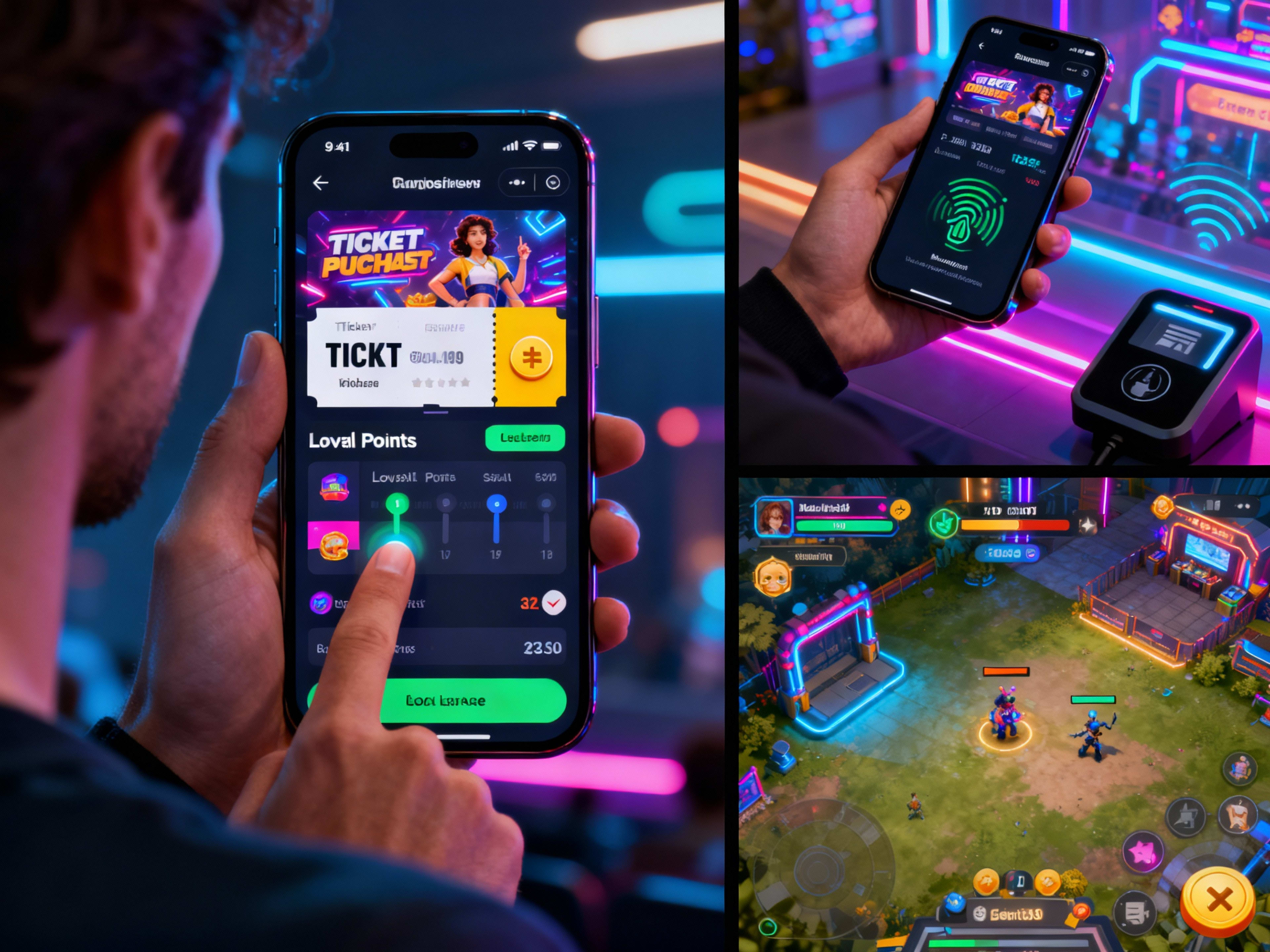Google Play Removes Belize Lottery App

Recommended casinos
Key Takeaways
- Google Play Store enforces stricter policy on gambling apps, leading to the removal of Belize Government Lotteries Limited's Fi We Boledo application.
- BGLL shifts operations to a dedicated web portal, preserving user accounts and core functionalities for uninterrupted access.
- Decision underscores global regulatory pressures, prompting operators to prioritize compliant web-based mobile experiences.
Google Play Store has revoked access to the Fi We Boledo app developed by Belize Government Lotteries Limited (BGLL), effective immediately following policy enforcement on gambling-related applications. The transition was communicated via an official announcement from BGLL on November 12, 2025, highlighting the platform's updated guidelines that prohibit certain real-money gaming features without explicit regional approvals.
This action stems from Google's refined approach to app distribution, which mandates rigorous compliance with local gambling regulations, enhanced age-gating mechanisms, and transparent monetization practices. Although the app received initial approval, evolving criteria—particularly around in-app purchases and geolocation verification—triggered the delisting. BGLL emphasized that the change was unforeseen but necessary to align with these standards, avoiding potential broader sanctions.
The implications ripple across the mobile casino sector, where app stores serve as primary gateways for user acquisition. For operators like BGLL, the shift necessitates rapid redevelopment toward web portals optimized for mobile browsers. This includes leveraging progressive web app (PWA) technologies to mimic native app performance, such as offline caching for ticket purchases and push notifications for draw results. While web solutions bypass store fees—potentially reducing costs by 15-30%—they demand stronger focus on mobile-first UX to retain engagement. Features like responsive design, touch-optimized interfaces, and seamless integration with device biometrics become critical to bridge the gap.
Users benefit from continuity, as the new portal allows login with existing credentials, ensuring no loss of purchased tickets or loyalty points. However, it raises questions about discoverability; without app store visibility, marketing strategies must pivot to SEO, social channels, and partnerships with local telcos for direct links. In regions with laxer regulations like Belize, this could accelerate adoption of hybrid models, blending web access with SMS-based verification for low-bandwidth users.
Broader industry effects point to a maturing ecosystem. Regulators worldwide, from the UK's Gambling Commission to the EU's upcoming Digital Services Act amendments, are aligning with tech giants to curb underage access and fraud. Operators face incentives to enhance security protocols, such as tokenization for payments via Apple Pay or Google Pay alternatives on web. This could spur innovation in fraud prevention, with AI-driven anomaly detection becoming standard to preempt policy violations. Ultimately, the move reinforces the pivot toward decentralized, compliant platforms, fostering sustainable growth in mobile gambling outside traditional app ecosystems. As 5G rollout expands in Latin America and the Caribbean, web-optimized lotteries stand to gain from lower latency, enabling real-time multiplayer draws and immersive experiences without app dependencies.
Sources:








